When Elon Musk's legal team filed papers in a Texas federal court on August 25, 2025, they were not just taking aim at Apple's App Store policies, they were launching what could be the most consequential antitrust battle in the AI era. xAI's lawsuit against Apple and OpenAI alleges a coordinated effort to suppress competition, with Apple and OpenAI jointly moving to dismiss the claims. The stakes? Billions of dollars in damages and potentially the future of AI competition itself.
Having covered tech lawsuits for years, I can tell you this one cuts deeper than typical corporate sparring. The revenue disparity alone hints at forces beyond simple market dynamics, and the legal implications could reshape how we access AI innovation for years to come.
What's really behind Musk's explosive allegations?
Here is where the numbers get compelling. xAI accuses Apple of using its App Store dominance to unfairly prioritize OpenAI's ChatGPT, while allegedly suppressing rivals like Grok. ChatGPT has achieved $2 billion in consumer spending since its mobile launch, and Grok only generates an estimated $50-100 million despite its integration with X.
Musk's team says that gap is not just product quality or user preference. It is a platform advantage that compounds. Preferential placement and deep OS integration create a feedback loop, more users bring more data, the product improves, then the prominence grows again.
Timing matters too. Apple in partnership with OpenAI has integrated ChatGPT into its operating system for iPhones, iPads, and Macs, a move Musk's team calls an exclusive deal that locks out competitors. At the same time, ChatGPT now sits at the number one position on Apple's App Store, while Musk's AI venture Grok languishes at #5.
The crux goes beyond rankings. Musk claimed Apple was behaving in a manner that makes it impossible for any AI company besides OpenAI to reach #1 in the App Store. He called it an 'unequivocal antitrust violation' and threatened legal action against Apple. The threat just became reality, with consequences that could reverberate through the industry.
Apple's defense: "Fair and free of bias"
Apple's response is measured but pointed. The company maintains that the App Store is designed to be fair and free of bias, featuring thousands of apps through charts, algorithmic recommendations, and curated lists selected by experts using objective criteria.
On the legal front, Apple and OpenAI have filed a joint motion to dismiss the antitrust lawsuit and say Apple's partnership with OpenAI is non-exclusive and not anticompetitive. They also point to real-world counterexamples. Several rival AI apps such as DeepSeek and Perplexity have topped the App Store charts since the tie-up began.
That matters in court. The Chinese AI app DeepSeek reached #1 in January 2025 in its category, and Perplexity topped India's App Store in July. If Apple were blocking all non OpenAI competitors, those spikes would be nearly impossible, which suggests some competitive fluidity remains.
The companies push back on the core allegations as well, with Apple and OpenAI maintaining that the accusations made by xAI are speculative. OpenAI goes further, describing the lawsuit as consistent with Mr. Musk's ongoing pattern of harassment.
The deeper battle: It is personal between Musk and OpenAI
The legal fight sits atop years of personal and strategic conflict. Musk's grievances with OpenAI include disagreements over its shift from a non-profit model to a commercial entity. He did not just walk away quietly either. Musk co-founded OpenAI but left the company in 2018 over strategic differences that later spilled into public warfare.
The animosity has been unusually public. Sam Altman stated that Musk had created special systems to prioritize his own tweets on X, and Altman told Bloomberg that Musk's lawsuits are a tactic to slow down OpenAI's innovation and perhaps stem from insecurity over xAI.
Then came the strategic escalation. xAI acquired X in March for $33 billion to enhance its chatbot training capabilities, creating a unified platform to challenge OpenAI's dominance. This is not just a chatbot contest, it is a clash over how AI should be built, distributed, and controlled across the tech ecosystem.
The social media exchanges have turned theatrical. After Musk threatened to sue Apple earlier in August, Altman responded on X, "This is a remarkable claim given what I have heard alleged that Elon does to manipulate X to benefit himself and his own companies and harm his competitors and people he doesn't like." Not just corporate pushback, a direct challenge to Musk's credibility on the very platform he controls.
What this means for the future of AI competition
The implications go well beyond billionaire feuding. The lawsuit underscores a growing concern about how platform gatekeeping can influence market dynamics, potentially stifling innovation. With Apple holding a commanding 60–62% of the U.S. smartphone market, App Store decisions do not just affect single apps, they shape which AI tools reach consumers at scale.
Here is the question hanging over the industry. If xAI's claims prove valid, it might catalyze a shift in how app stores manage and display AI applications. A legal precedent could be set that forces significant changes in how app stores operate, possibly mandating platform neutrality or transparent ranking criteria.
Regulators are already circling. In 2025, 28 U.S. states passed at least 61 AI-related laws, a sign lawmakers are actively trying to govern AI. The outcome of this legal battle could influence legislative actions regarding tech monopoly and market fairness, setting concrete precedents for platform power in the AI era.
From a practical standpoint, this case could decide whether AI winners are chosen by technological merit and user preference, or by their ability to secure preferential treatment from platform gatekeepers. That choice affects the tools we use daily, how they are developed, and who controls the data that makes them better.
Where do we go from here?
Bottom line, this case will unfold slowly, but its implications are immediate. The legal process will take months, if not years, to play out, and the filing requests a jury trial. Meanwhile, Wall Street has barely blinked, on the day the lawsuit was filed, Apple's stock ticked up 0.6 percent, a sign investors see legal theater rather than existential threat.
That reaction might miss the bigger picture. The broader implications of this lawsuit could affect how platform companies operate and are regulated in the future. Whether you view this as a fight for fair competition or strategic maneuvering after being outflanked, the case forces a hard question about who controls access to AI innovation and how that control should be exercised.
For now, iPhone users will not see immediate changes to their ChatGPT or Siri experience. The outcome could still reshape how we access AI tools for years to come. Worth watching closely, no matter which billionaire you are rooting for. The battle lines in the AI wars are clearly drawn, and the stakes keep rising with each legal filing.




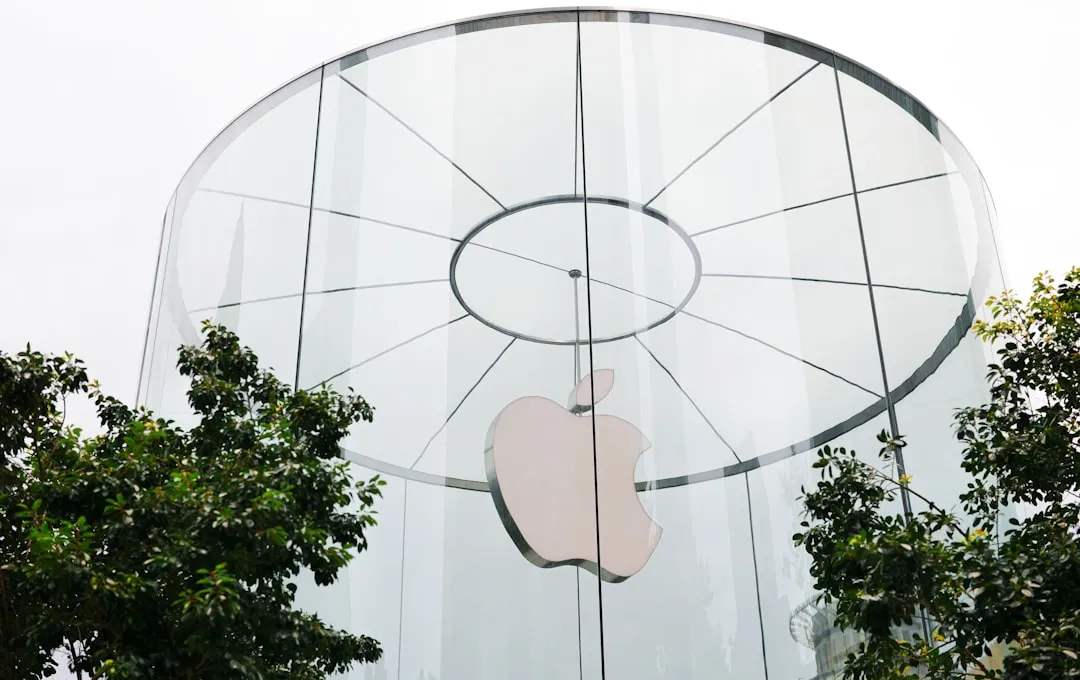

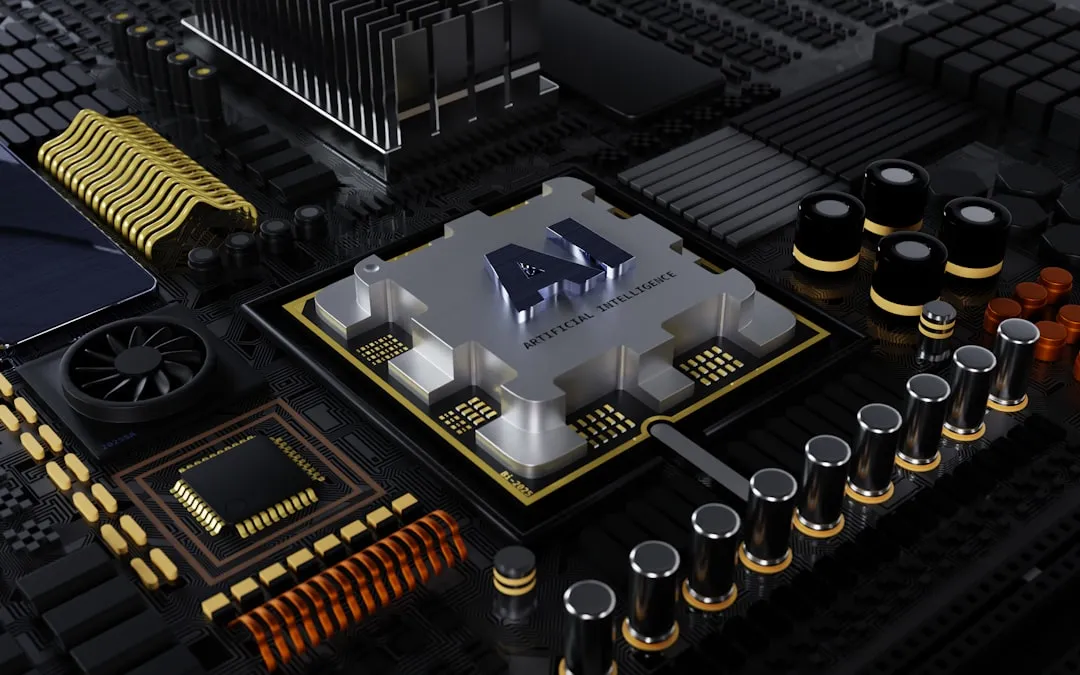
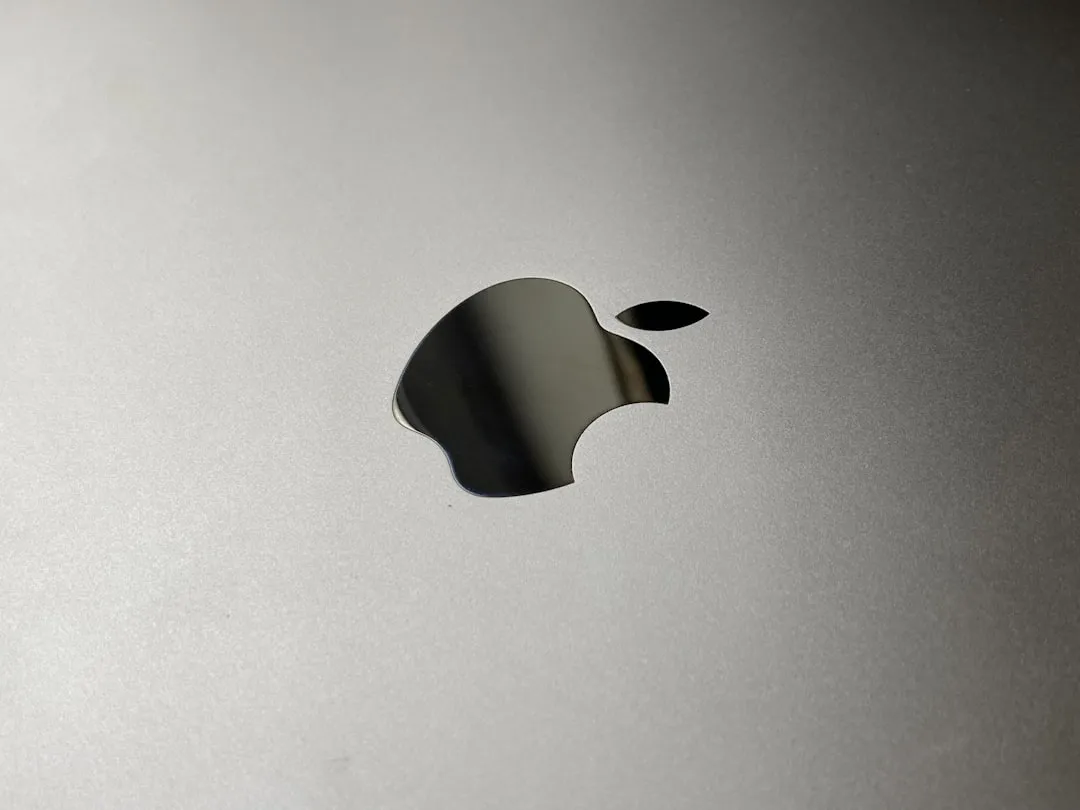
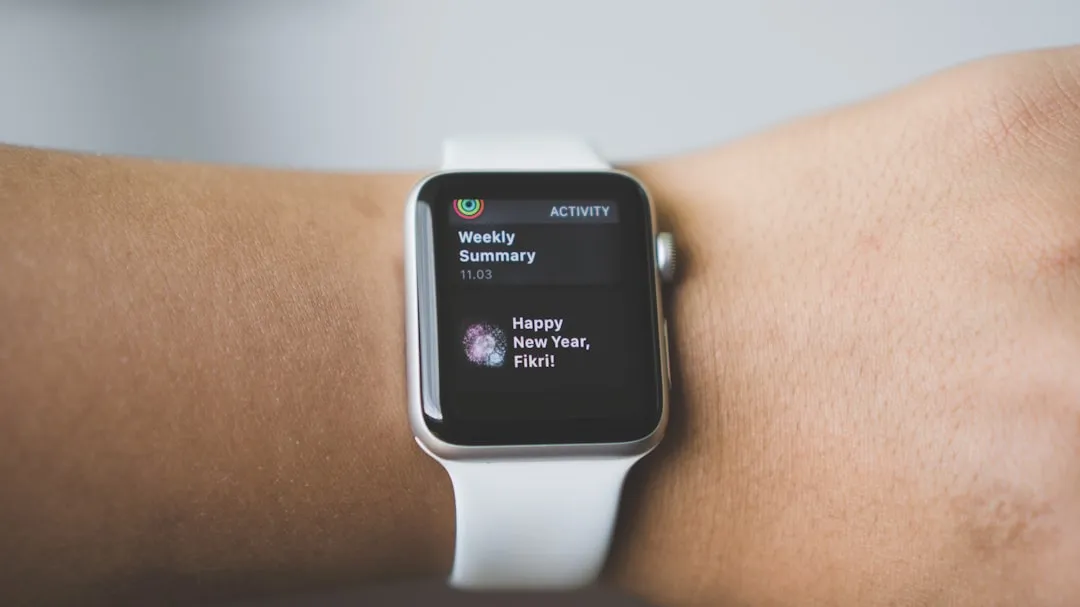
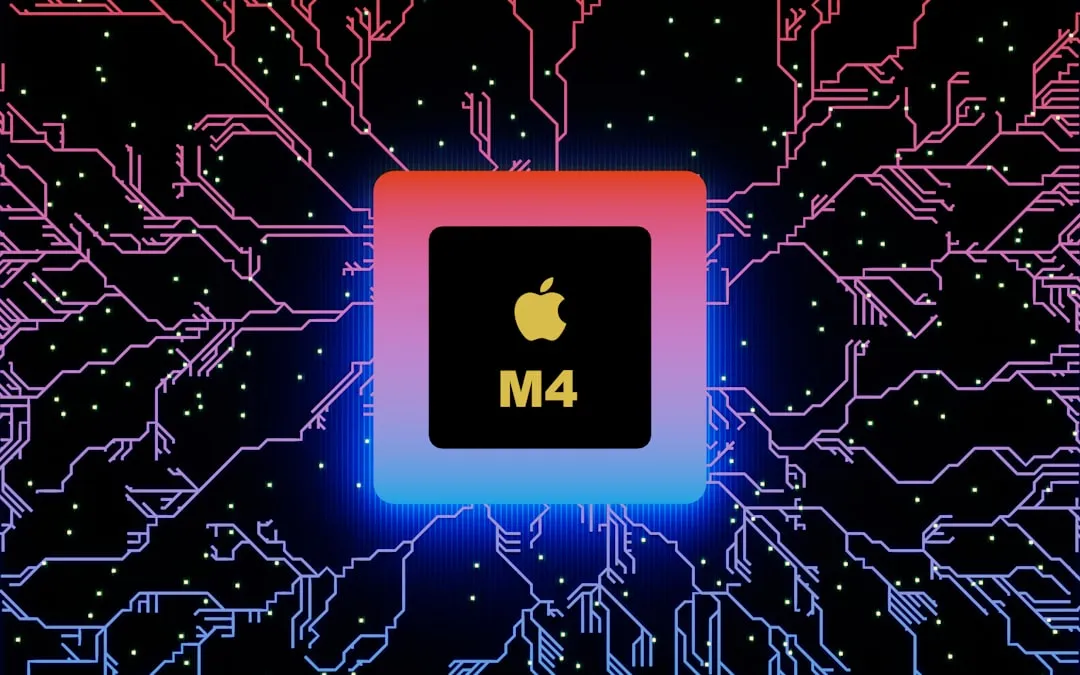



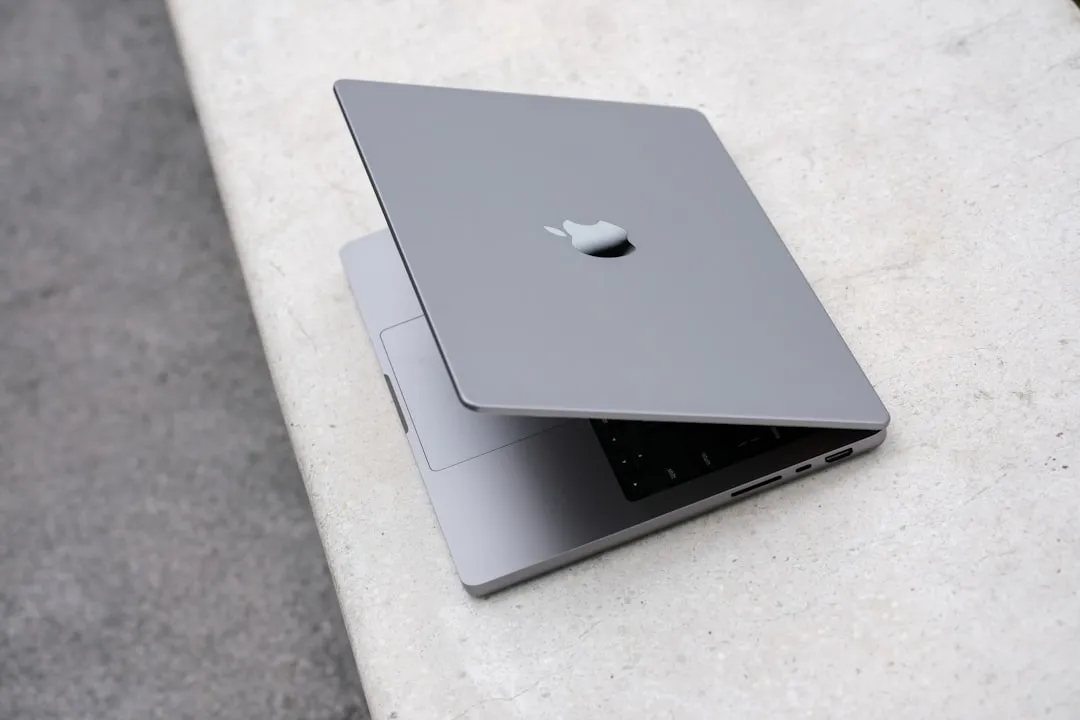
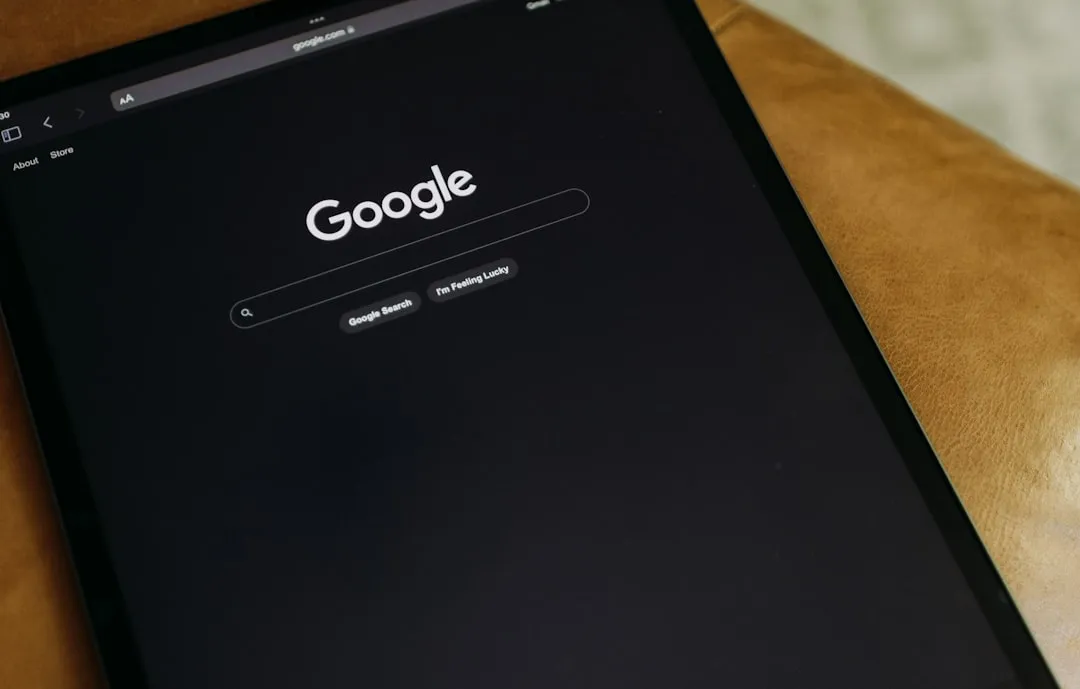

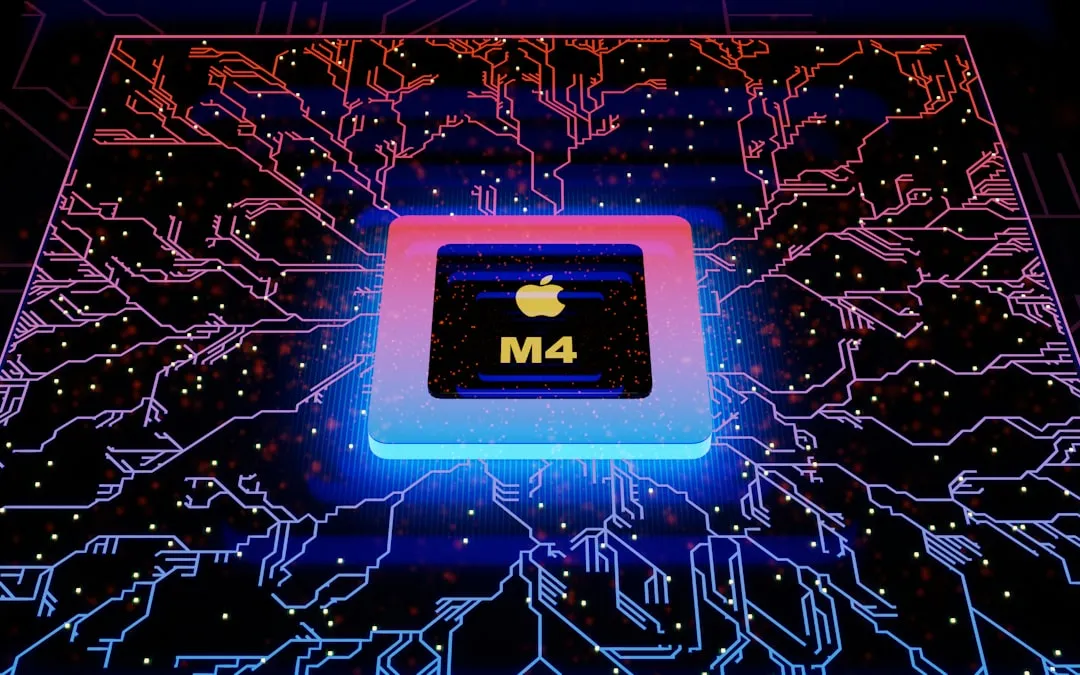

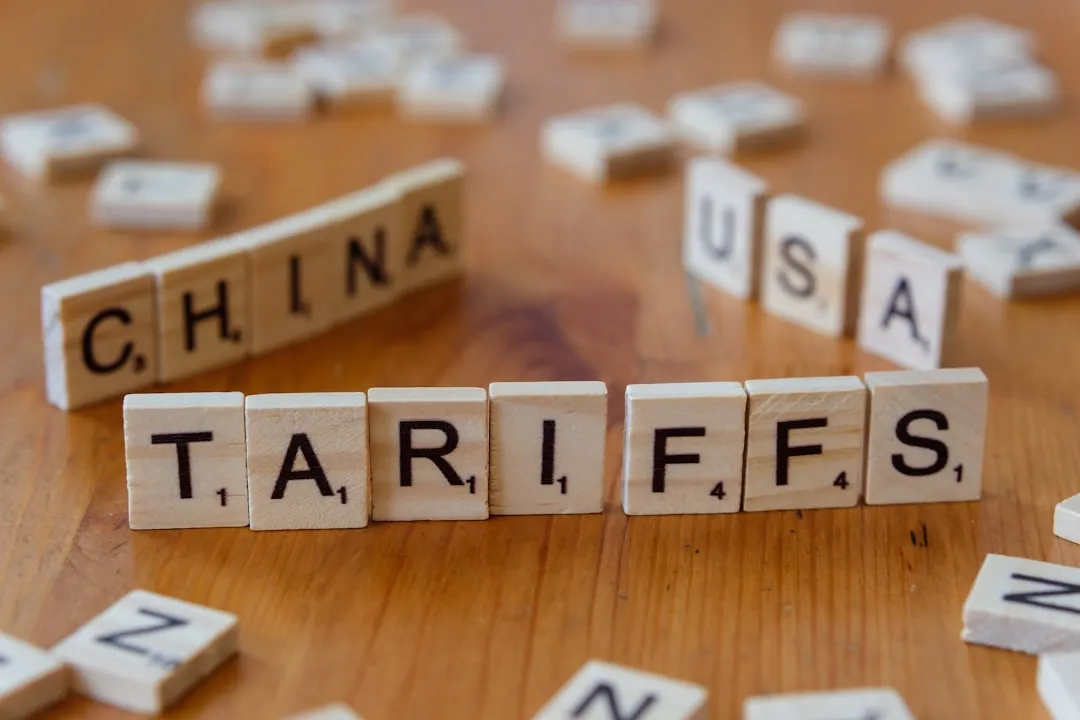
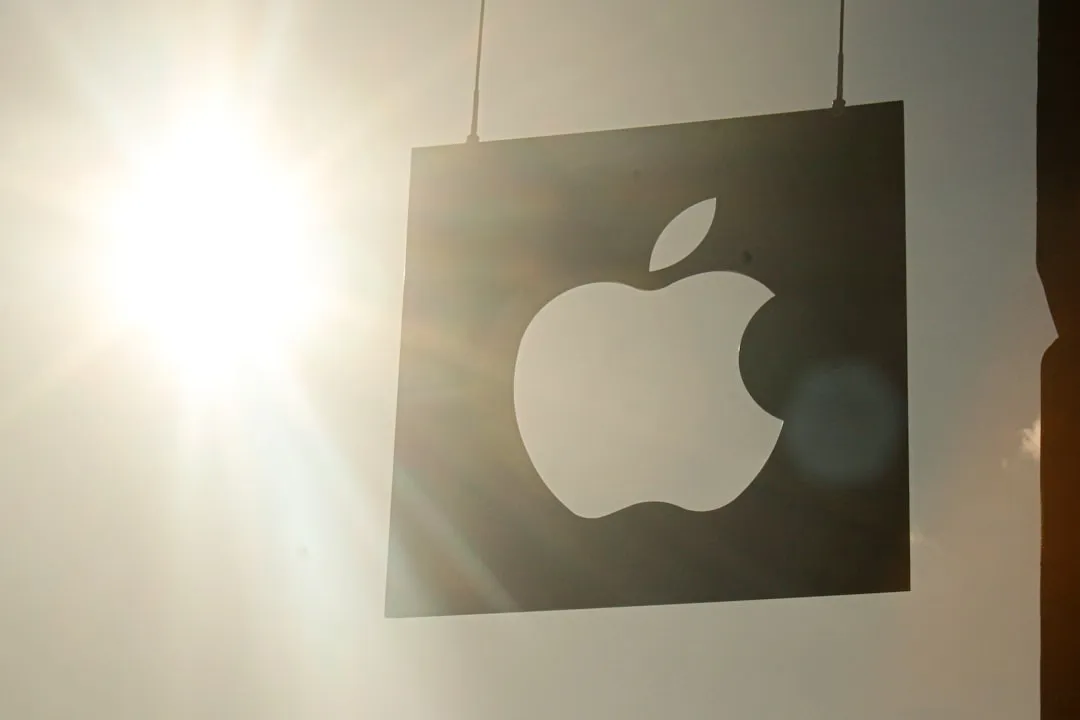
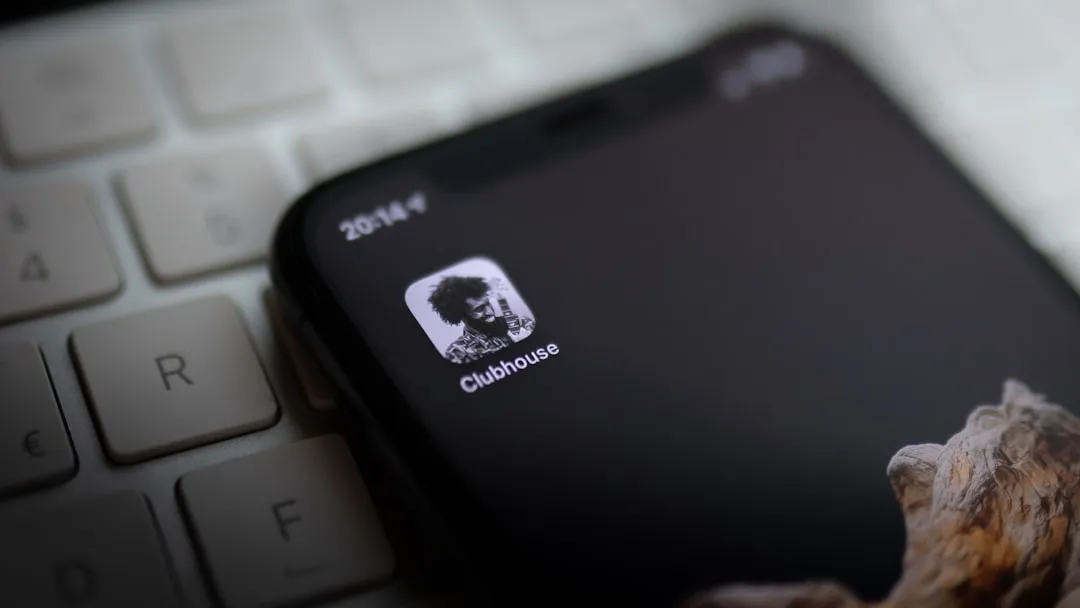
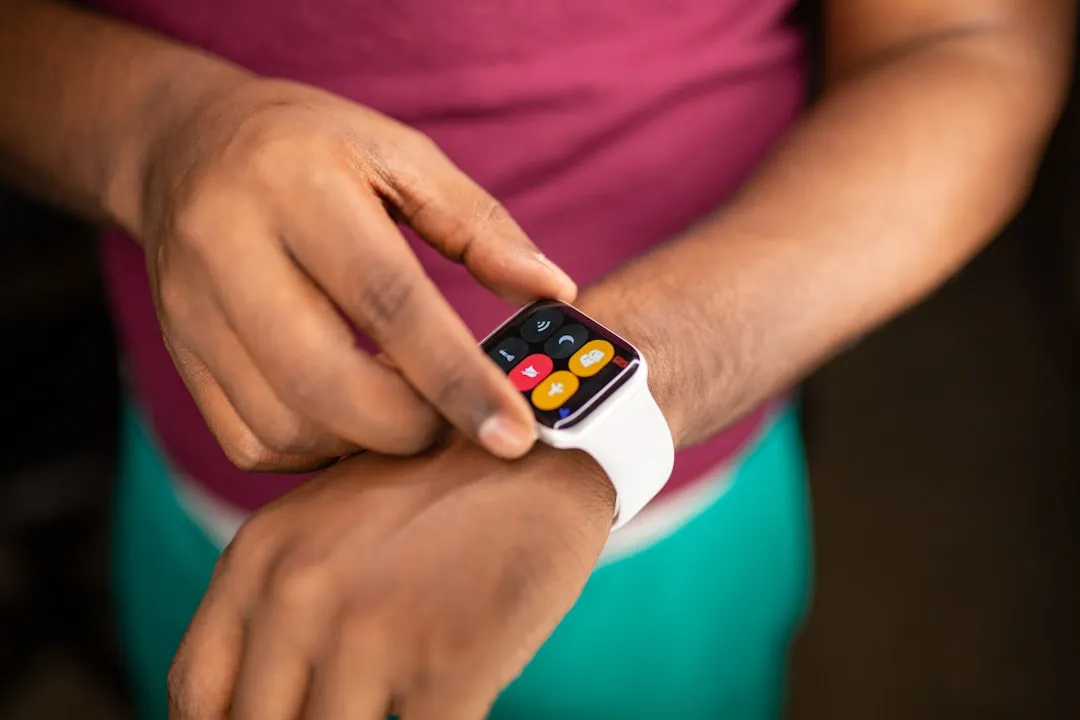
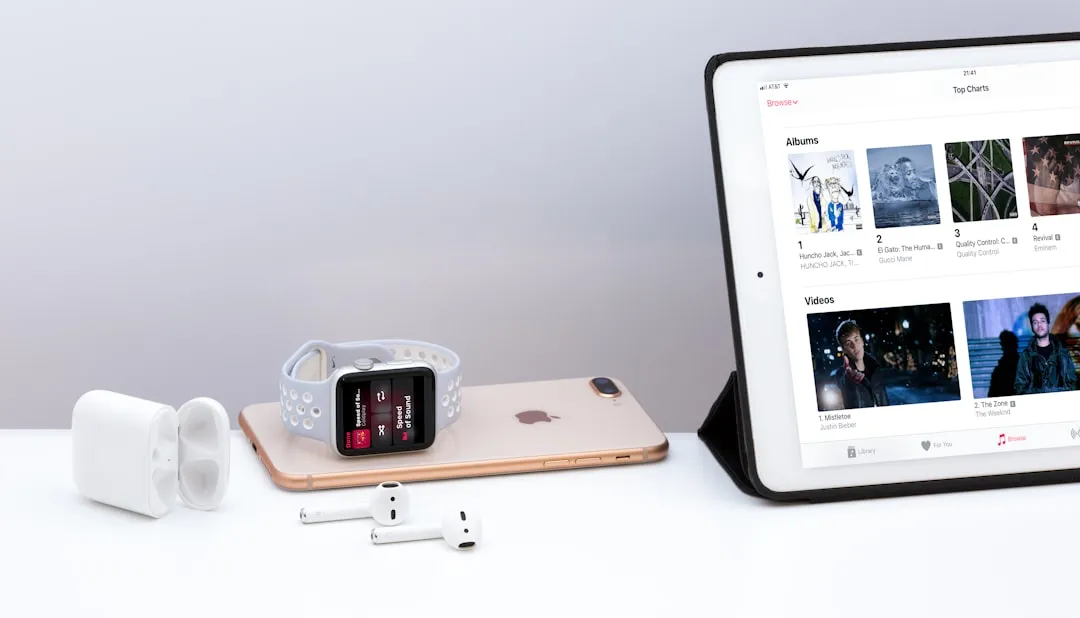
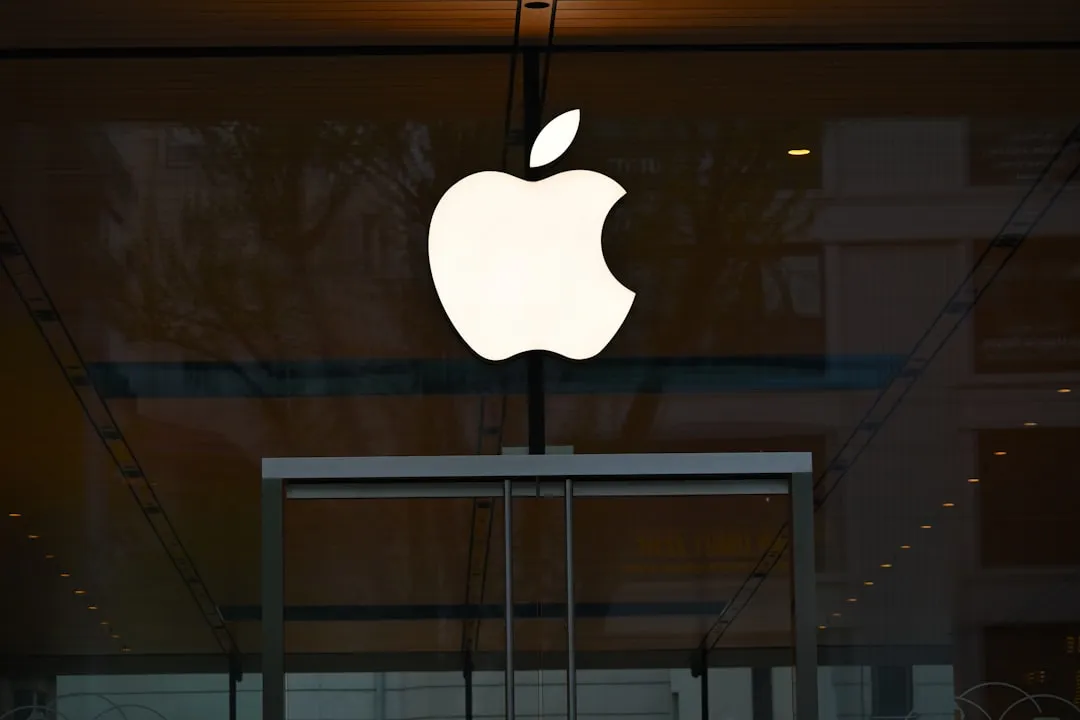

Comments
Be the first, drop a comment!